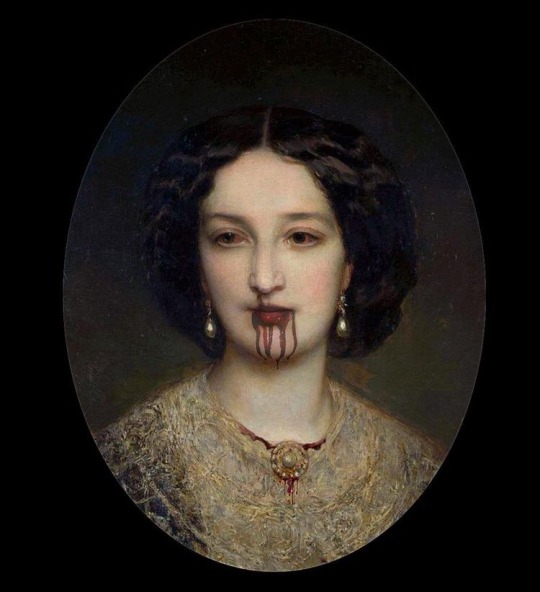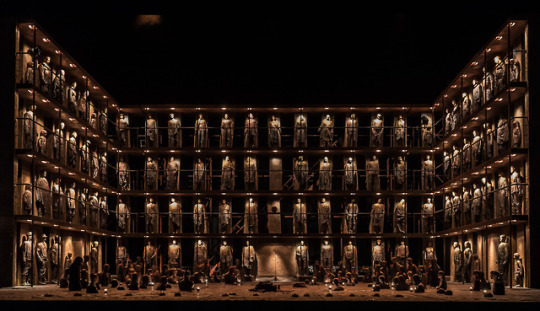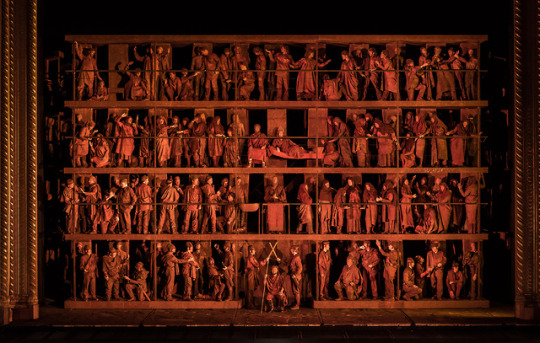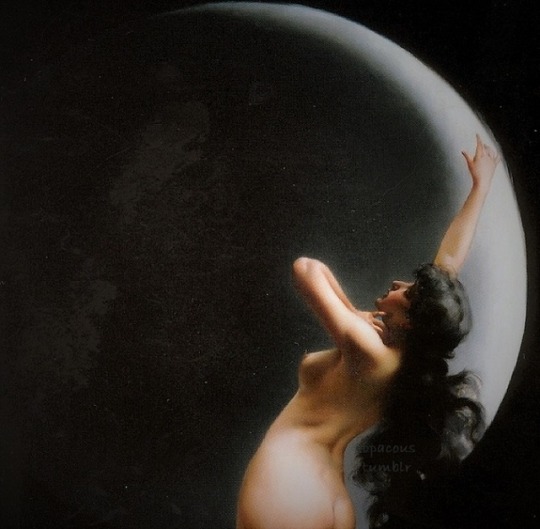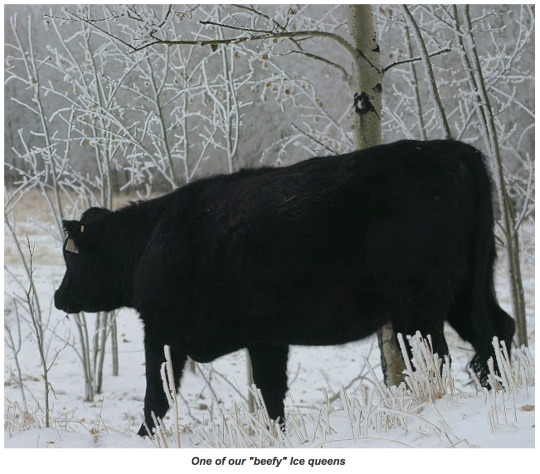Text
“Cherry red sweetness and cherry red chirping of finches filled the air scented with lavender.”
— Bruno Schulz, tr. by Celina Wieniewska, from “Sanatorium Under the Sign of the Hourglass,”
1K notes
·
View notes
Photo

like ive been thinking about this line from that creme brulee brownie recipe for days like literally where is this woman now like how is she doing
89K notes
·
View notes
Photo
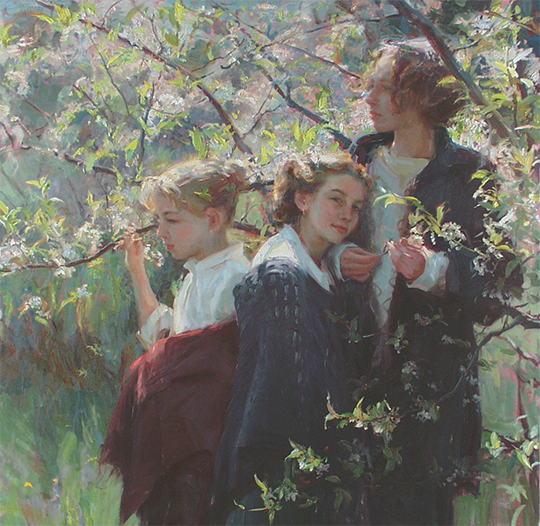
May Morning
Daniel Gerhartz (American, b. 1965)
Oil on canvas
3K notes
·
View notes
Photo
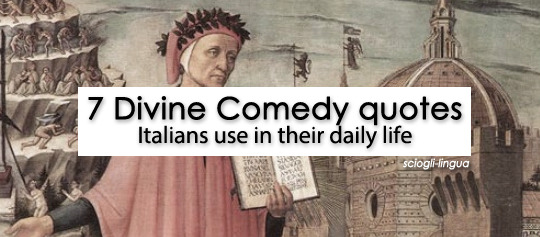
There’s a reason why Dante is known in Italy as the “Supreme Poet”; his immortal verses are ingrained in our collective memory, having been studied by countless generations of students, and often find their way in our everyday speech as well. The following expressions, all taken from his Divine Comedy, will sound at least familiar to most Italians, even though not everyone uses them or knows their original meaning. See if you’ve already heard them!
1. Non ti curar di lor, ma guarda e passa
This is actually a common distortion of the original verse “Non ragioniam di lor, ma guarda e passa” (”Let us not speak of them, but look and pass on”), uttered by Vergil in the third Canto of the Inferno [Hell]. He’s urging Dante not to pay too much attention to the souls they’re passing by, belonging to those who took no sides in life and therefore did nothing to be remembered. It’s commonly used to say that one shouldn’t worry about others spreading slander about them, but just ignore it and go on with their life.
2. Lasciate ogne speranza, voi ch’intrate
Also quoted as “Lasciate ogni speranza, o voi ch’entrate” (”Abandon all hope, ye who enter here”), it’s not really used as a saying, but you’ll have a hard time finding an Italian school without this sign hanging out or inside one or more classrooms. It’s supposed to be a part of the inscription found on top of the gates of Hell, so you can draw your own conclusions.
3. Senza infamia e senza lode
The original quote being “coloro / che visser sanza ‘nfamia e sanza lodo” (”those who lived without infamy and without praise”), this expression once again refers to those who took no sides in life, and is used in the third Canto of the Inferno. If something is “senza infamia e senza lode”, it means that it’s mediocre: not terrible, but not that great either.
4. Galeotto fu…
In the second circle of Hell are those overcome by lust; among them Dante comes across Francesca da Rimini and her lover, Paolo Malatesta. Francesca was in an arranged marriage with Giovanni Malatesta (also known as Gianciotto), but quickly fell in love with his younger brother, and began to carry on an adulterous affair with him, until the two were surprised and killed by her husband. Through the voice of Francesca, Dante describes how the pair finally surrendered to love while reading the old French romance Lancelot du Lac, and especially the description of the adultery between Guinevere and Lancelot. “Galeotto fu ‘l libro e chi lo scrisse” (”A Gallehaut was the book, and he who wrote it”), says Francesca, meaning that the book served as an intermediary for their love just like the character of Gallehaut did for Lancelot and Guinivere’s. Nowadays, any object or person that ends up favoring a romantic relationship can replace the word “libro” in this construction.
5. Il bel Paese
Italy is commonly (and sometimes ironically) known as “il bel Paese” (”the fair land”), and that’s thanks to Dante and Petrarca’s verses, who respectively wrote “del bel là Paese dove ‘l sì sona” (”Of the fair land there where the ‘Sì’ doth sound”, Inferno, canto XXXIII) and “il bel paese / ch'Appennin parte e ‘l mar circonda e l'Alpe” (”that fair country / the Apennines divide, and Alps and sea surround”).
6. Il gran rifiuto
“Colui / che fece per viltade il gran rifiuto” (”He who / due to cowardice made the great refusal”, Inferno, canto III) is commonly thought to be Pope Celestine V, who was only pope for five months in 1294 before he resigned, enabling Bonifacio VIII to take up the position; Dante was notoriously salty about this, since he wasn’t really on good terms with Boniface (who was responsible for his exile from Florence). As you might imagine, this quote made a huge comeback back in 2013, when pope Benedict XVI also resigned, but it’s often employed in less extraordinary situations, usually for comedic effect.
7. Stai fresco
“Stare fresco” usually means to be in for some trouble, or to delude oneself into thinking that one will escape a negative (and predictable outcome); “Stai fresco!” is roughly equivalent to “Yeah, right!” or “In your dreams!”. The expression apparently refers to a specific place in Dante’s Hell, the frozen lake of Cocytus, “là dove i peccatori stanno freschi” (”there where the sinners are put to stay fresh”).
2K notes
·
View notes
Text
“The officials have alerted us to ensure we have a month’s worth of necessities. Zelda and I have stocked up on red wine, whiskey, rum, vermouth, absinthe, white wine, sherry, gin, and lord, if we need it, brandy. Please pray for us.”
—
F. Scott Fitzgerald, from a 1920 letter (written under quarantine in the south of France during the outbreak of Spanish influenza)

6K notes
·
View notes
Text



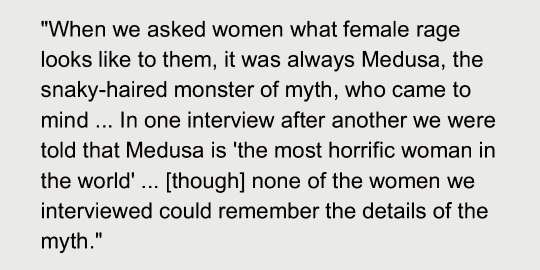



Medusa in culture
(Medusa c. 1618 Peter Paul Rubens, Medusa: Solving the Mystery of the Gorgon - Stephen Wilk, Medusa On Her Throne Reza Sedhi, Female Rage: Unlocking Its Secrets, Claiming Its Power - Mary Valentis and Anne Devane, Medusa c. 1640 Gian Lorenzo Bernini, The Laugh of the Medusa - Helene Cixous, Medusa Robin Isley)
17K notes
·
View notes
Text
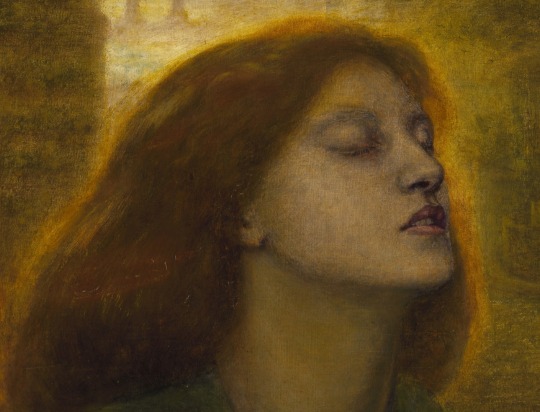
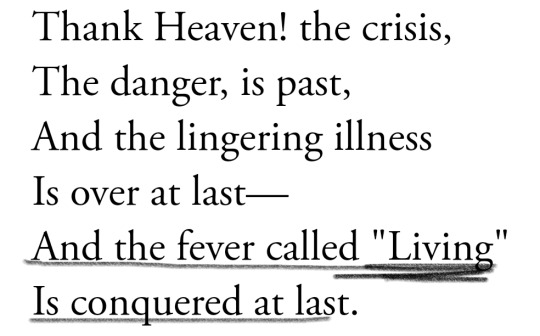
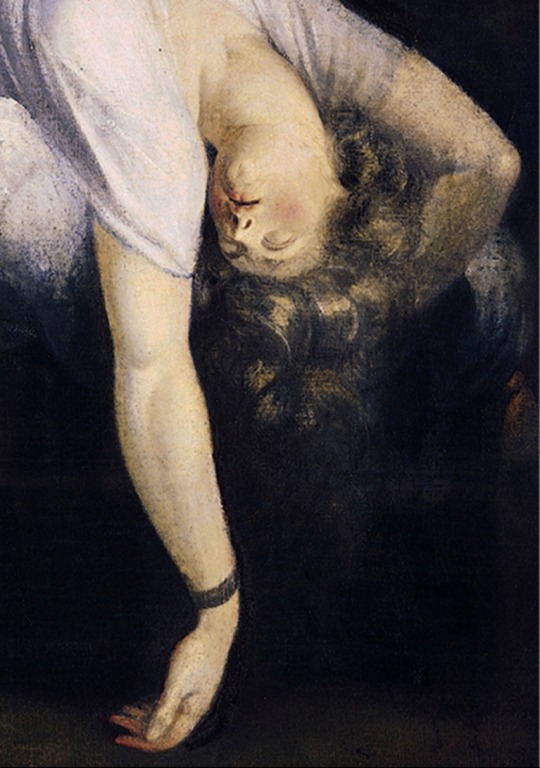
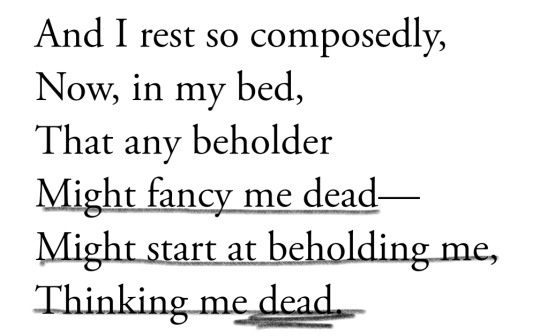
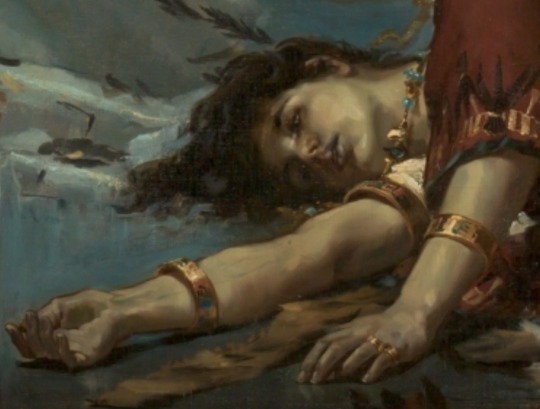
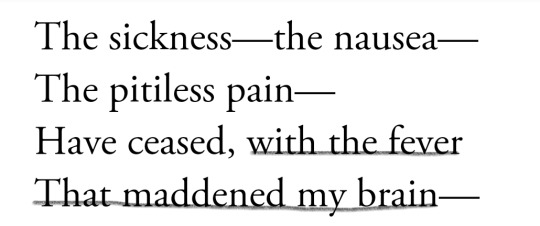
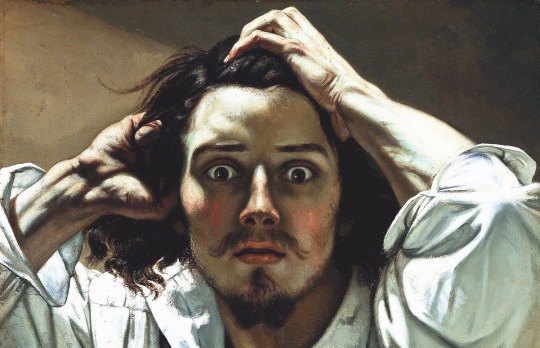

•
Edgar Allan Poe, "For Annie" (1849) // Dante Gabriel Rossetti, Beata Beatrix (c. 1864 - 1870) // Henry Fuseli, The Nightmare (1781) // Juan Luna, The Death of Cleopatra (1881) // Gustave Courbet, Le Désespéré (c. 1843)
2K notes
·
View notes



















